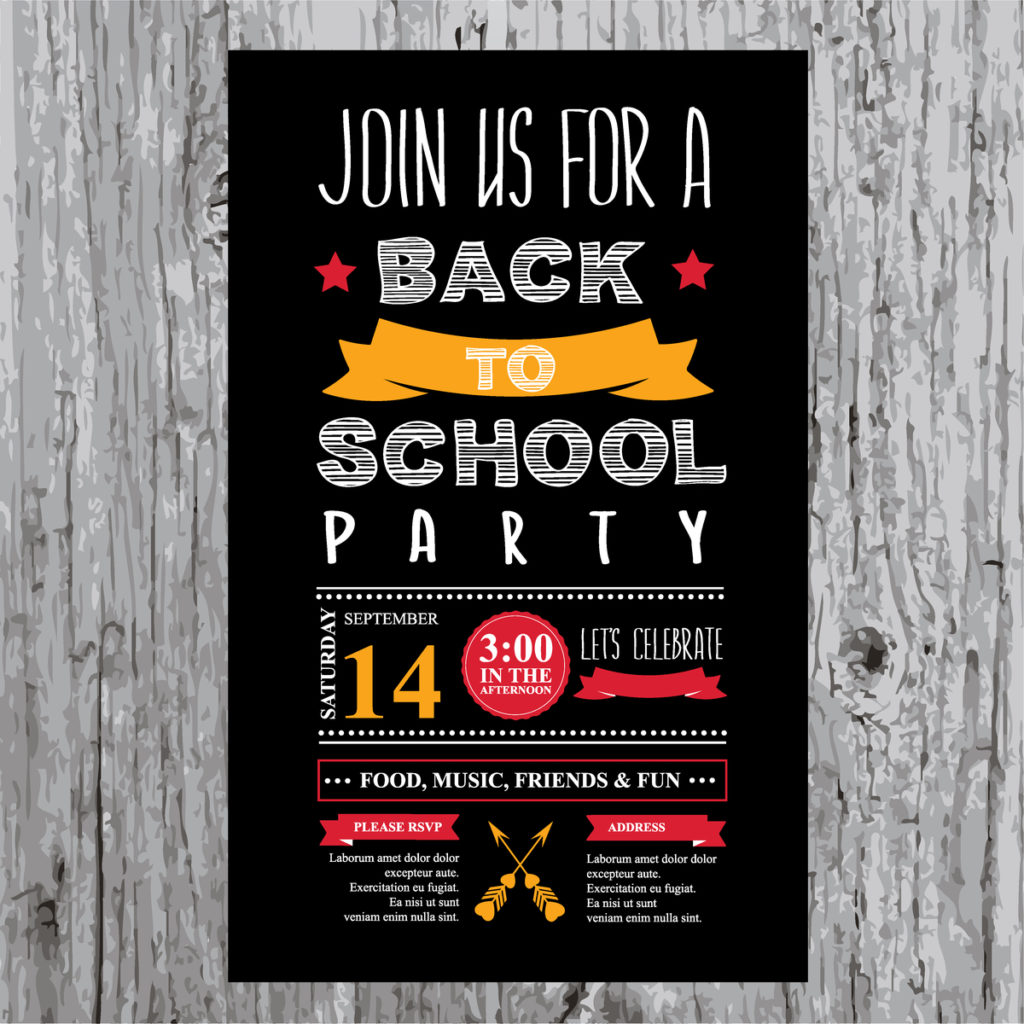
Applying to Private School: All Those Tours & Schools Visits Feel Like a Full-Time Job! Four tips on how to manage your schedule for open houses, tours & other events.
You’re applying to private school. It’s exciting – so many educational roads to take and enriching adventures ahead! And then you start exploring the school websites and signing up for open houses, and tours, and interviews, and community coffee meetings, and homecoming games, and on and on . . . Before you know it, your school visit schedule is busier than your work schedule. It’s enough to overwhelm even the most organized parents!
But it doesn’t need to be this way. You can alleviate this stress with a little insight and prioritization. Some events are mandatory, some are optional, and some you can skip. The four tips below can help you weed through the morass of admissions season scheduling.
1. What you need to attend
- Open houses. Whether you’re applying to Kindergarten or 9thgrade, the school’s open house is a must for local families (for those relocating, the circumstances are different). This is a great opportunity to learn about the school, meet current students, see administrators and teachers in action, and get a feel for the culture and dynamics of the academic community.
- Tours/interviews. Depending on the school, you’ll either have an individual or group tour, or a student/parent interview, or a combination thereof. This is an essential part of the admissions process, so you can’t skip it.
- For open houses and tours, sign up as soon as possible, as spaces can be limited (check websites and sign up in August or early September).
- Interviews are scheduled once you have submitted your application, so get those applications in as early as you can.
2. Maybe or Nice to attend, especially if it’s a school you love
- Many schools will offer smaller, more intimate events, such as “Morning discussion with the Head of School,” “Coffee at a current or alumni parent’s home”, or something similar. If a school is high on your priority list, it’s a great idea to attend one, or maybe two, of these.
- If you want to get a better sense of the parent body and school culture, attend a non-admissions event. These include football games in the fall, other sporting events, fall/harvest festivals, educational seminars, book fairs, charity events, musicals or plays, and other theater arts or special programs. Often, schools post these events on their websites rather than send invitations. Check the website regularly for event updates!
- These events are not about networking with the admissions office or getting in “face time”. Rather, use these opportunities to understand the school better.
3. No or What you can skip
- Even if you love a school, you don’t need to attend every event. It’s overwhelming on your schedule and overkill in terms of admissions.
- Beyond the open house and tour/interview, attending one to two additional events is more than sufficient. You could choose one non-admissions event, such as a football game, and one administration event, such as an educational seminar or a group coffee with the Head of School.
4. Important things to keep in mind
- While open houses and admissions events are wonderful, they ultimately are marketing tools. The schools are putting forth their best image and trying to impress you; it’s good to remember that you’re seeing the best they have to offer.
- If you want to see the real culture of a school, attend a non-admissions event, such as a sporting event, book fair, holiday boutique or musical. This is where you can experience the parent body, student culture, and overall community. The school may not always invite prospective parents to these events, so check the school’s website regularly.
- The people at your open house or tour do not necessarily reflect the school. We’ve had many clients comment on how the people they met at an open house were not pleasant. Yet, these other people may not get in. As such, do not let a less-than-stellar open house group taint your view of a school. Instead, explore the school further, attend another event, and get a better sense of the real school culture.
- If you do not attend more than the open house and tour/interview, you are not hurting your admissions chances. If a particular school is compelling to you, it is nice to attend more events, but it is not mandatory. Don’t put that extra pressure on yourself – it’s not worth it.
- Sometimes prospective parents are invited by current parents to attend school fundraisers like auctions or galas. You should always check with the school since some schools have policies prohibiting donations (including purchasing tickets) during the admissions process.
Remove the Pressure & Enjoy the Process
The admissions process, despite the stress, actually can be informative. It’s a great time to learn more about your child and family, and to explore amazing schools and educational opportunities. When you can manage your schedule – by prioritizing events and not feeling pressure or guilt to attend every single offering – the process becomes easier and more enjoyable. And always remember: admissions is not about a value judgement or assessing the worth of your child; rather, it’s about finding the right fit and going to an environment where your child, and family, will thrive.
Priya and Sanjay Nambiar run Nambiar Advising, a consulting practice that shepherds families through the private school admissions process, from helping clients find the best-fit schools for children to application support, essay editing, interview preparation, and more. Priya has spent more than 20 years in education and was the Associate Director of Admissions at the Brentwood School in Los Angeles. She earned a B.A. in Education from Brown University and an M.Ed. from Harvard University. Sanjay is an entrepreneur and professional writer who has written several award-winning children’s books. He earned a B.A. in Economics and Neurobiology from U.C. Berkeley and an M.B.A. from UCLA. To learn more, please visit www.nambiaradvising.com.
Stay up to date on the latest L.A. private schools news and events! Follow Beyond The Brochure on Facebook. Buy the book on Amazon.



